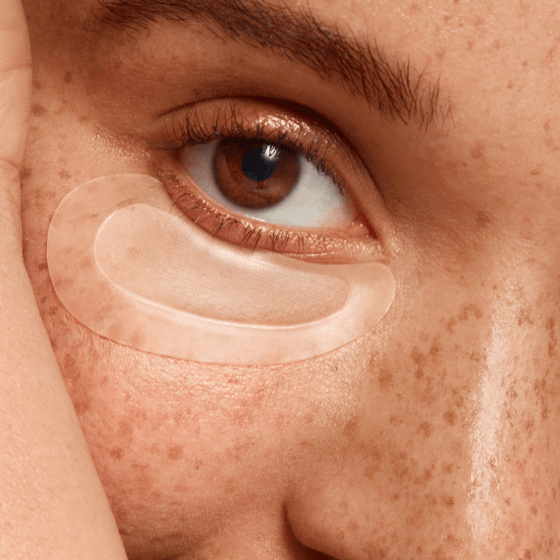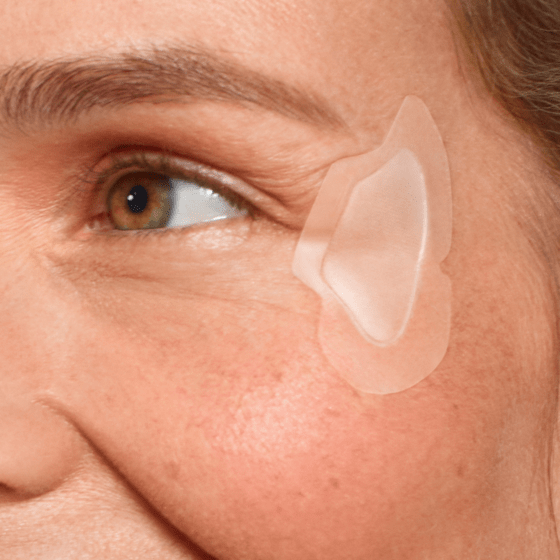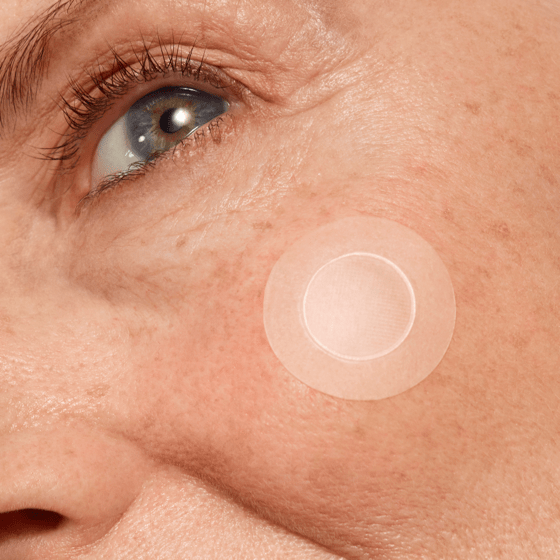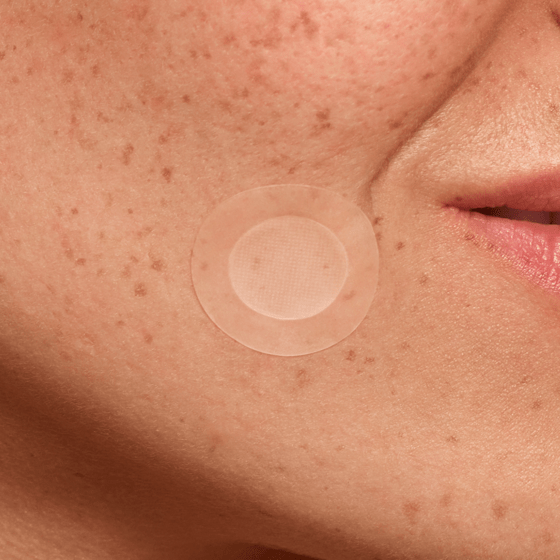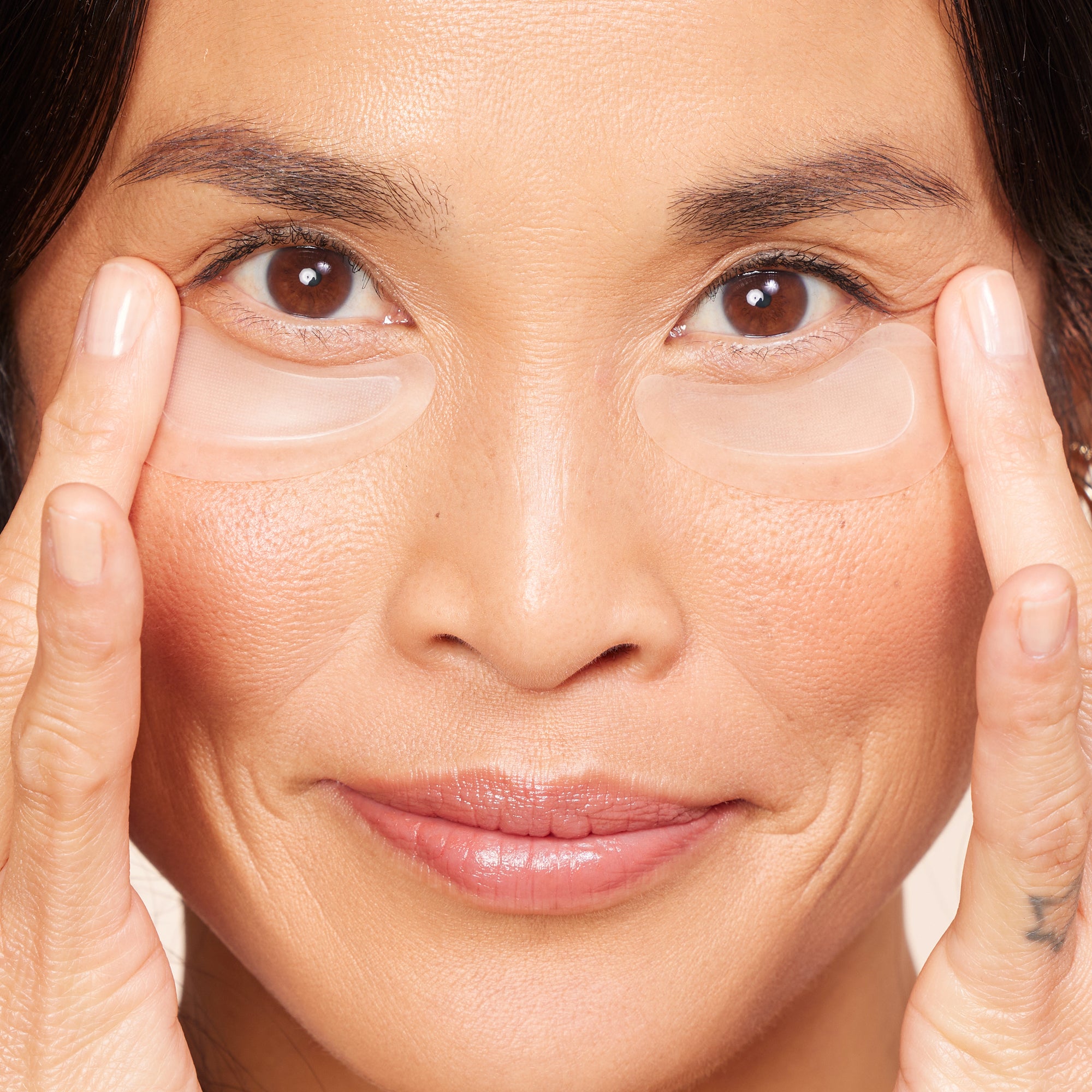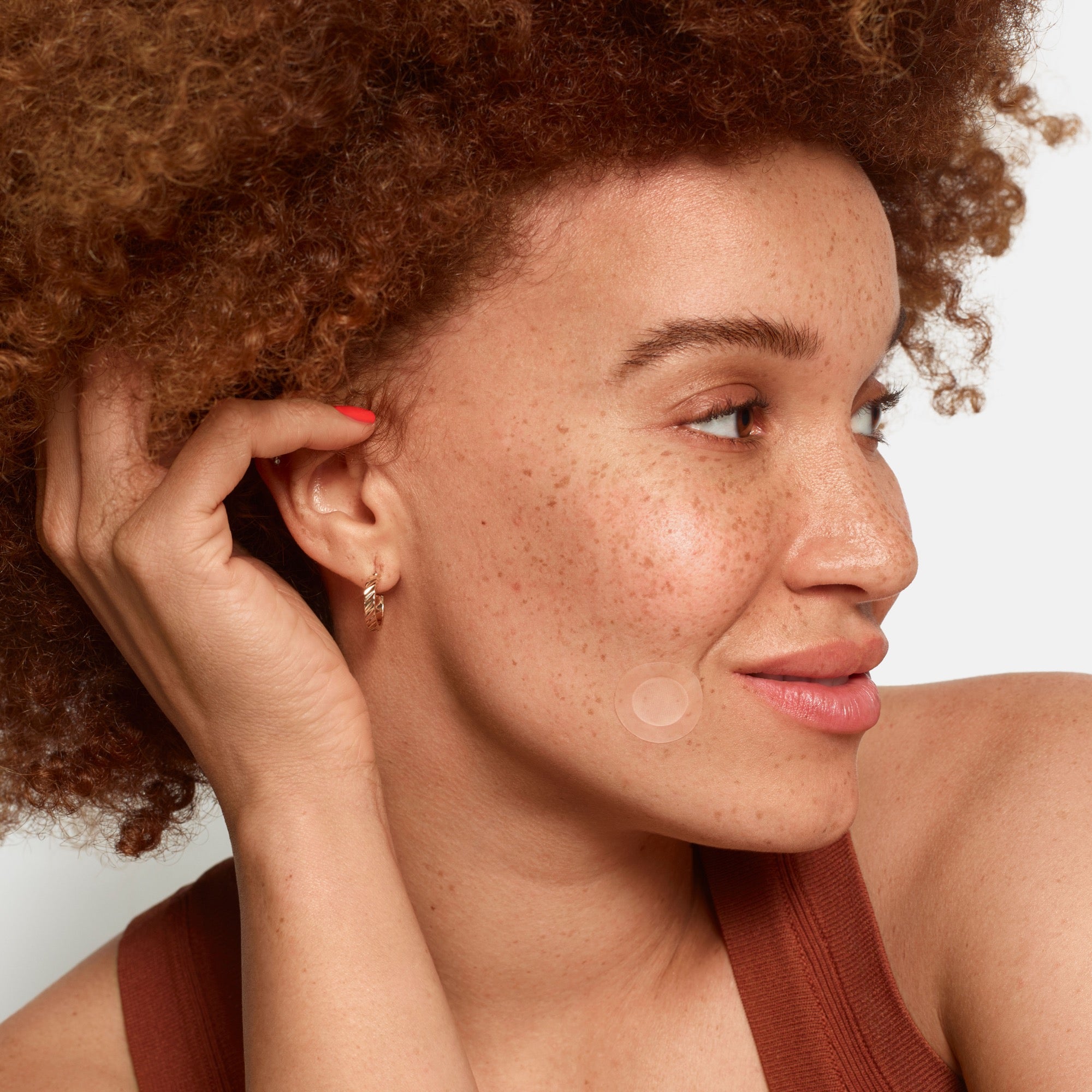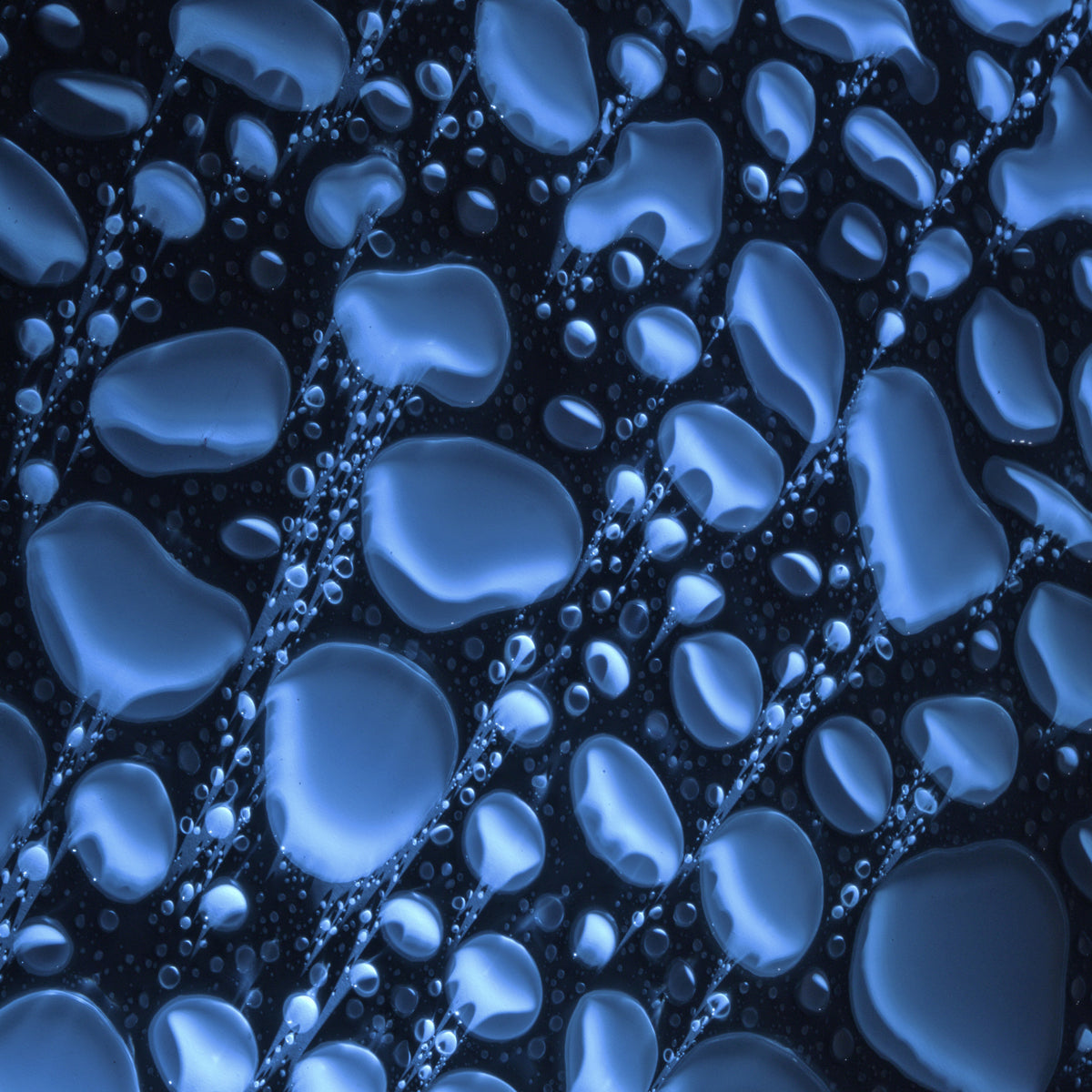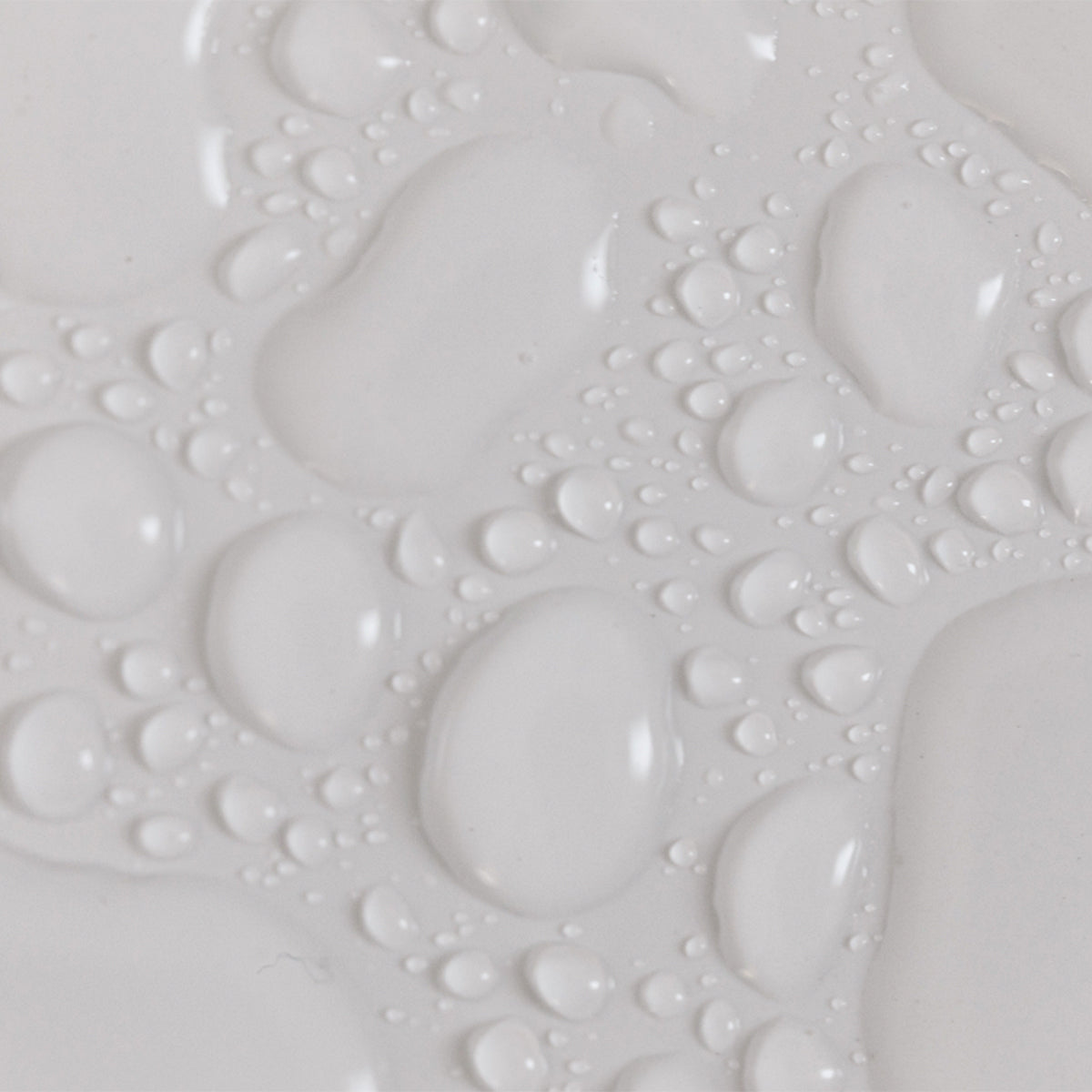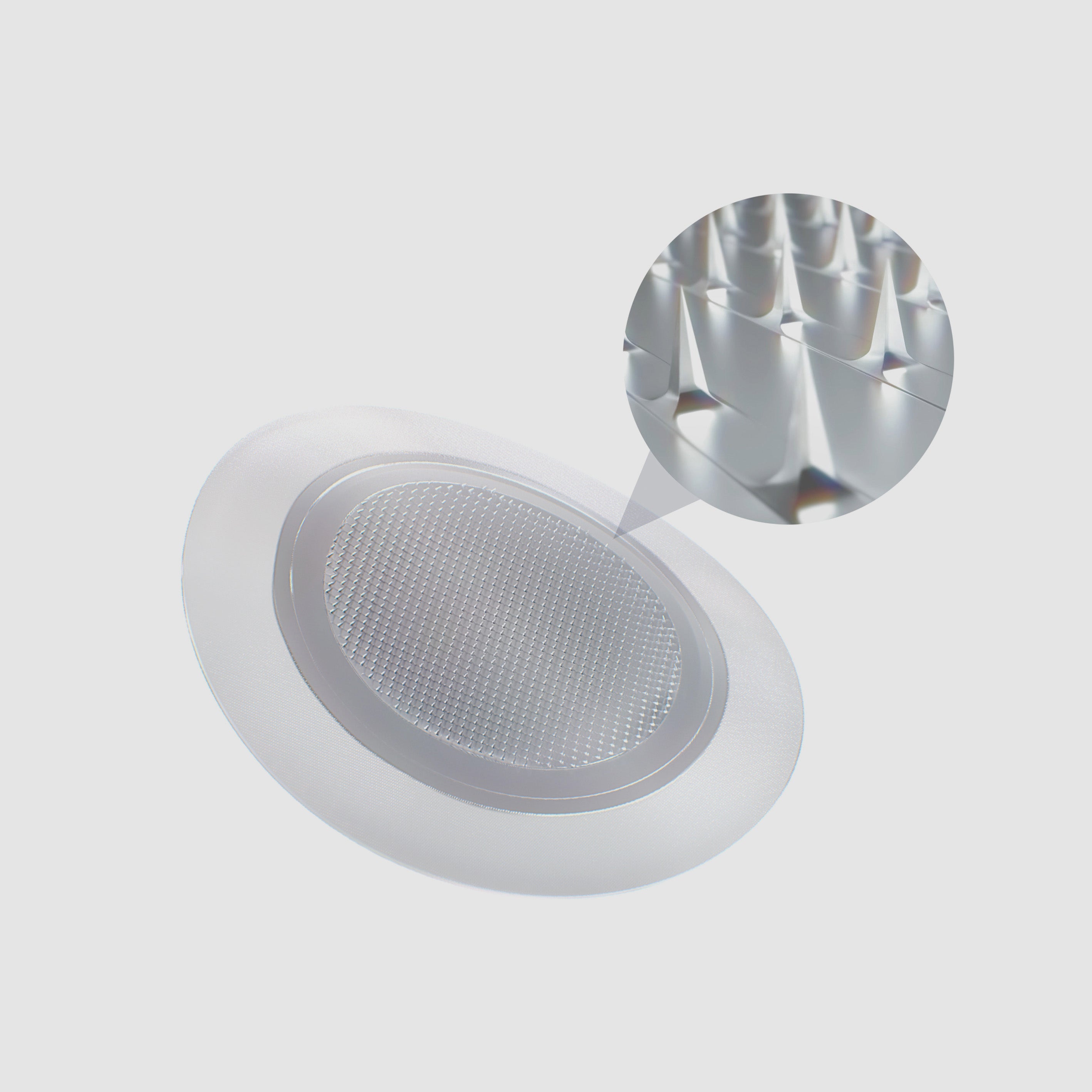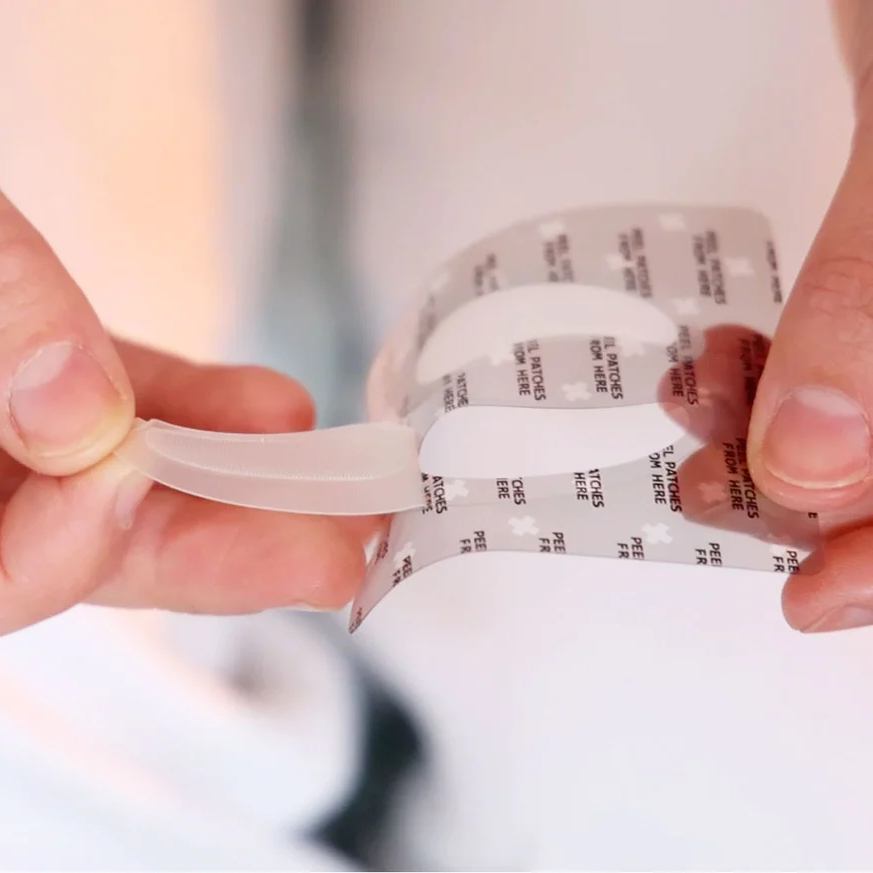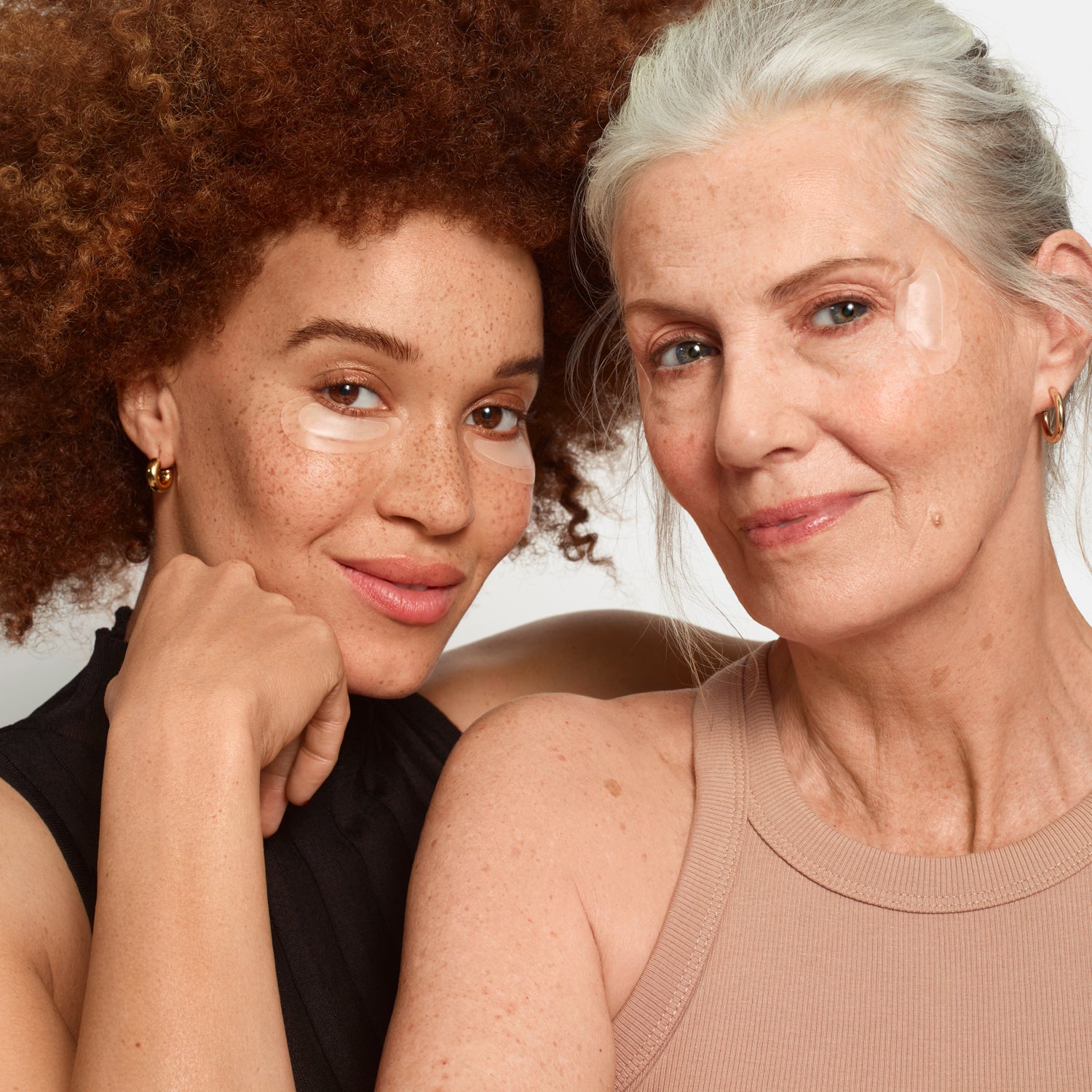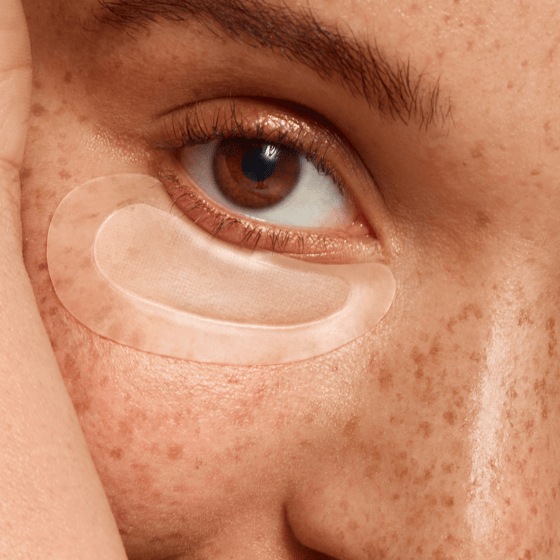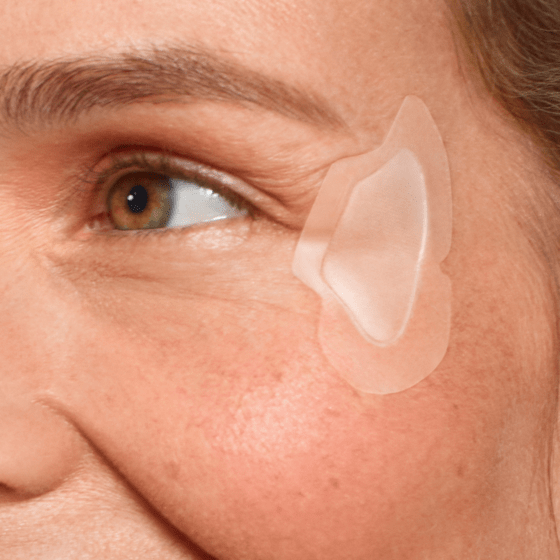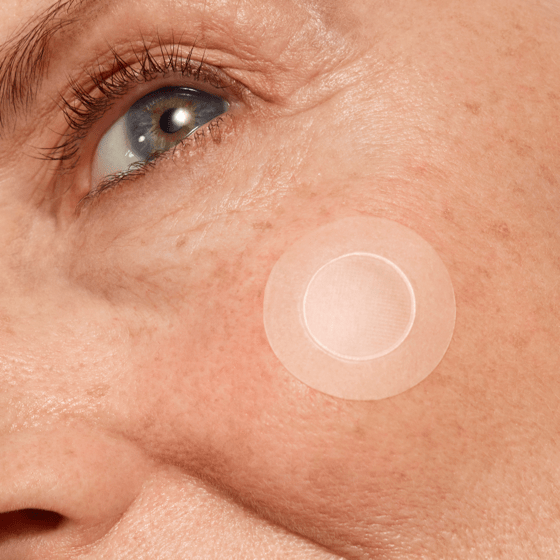Glutathione: Unveiling the Master Antioxidant for Radiant Skin
In the pursuit of timeless and radiant skin, we encounter a powerful ally: glutathione. As an antioxidant naturally produced by the body, glutathione is heralded by doctors and dermatologists for its multifaceted benefits. From battling free radicals to fading hyperpigmentation, glutathione stands as the secret to achieving that coveted youthful glow. In this exploration, we unravel the mysteries of glutathione, understanding why it earns its title as the king of antioxidants and how you can harness its transformative power for your skin.
What is Glutathione?
A potent antioxidant, glutathione is intricately woven into the body's defense against free radicals and oxidative stress. Comprising three amino acids—cysteine, glutamic acid, and glycine—glutathione holds the unique ability to attract and expel harmful entities like free radicals, toxins, and metals. As a tripeptide, glutathione plays a pivotal role in cellular structure, contributing to skin strength and suppleness. While naturally produced, age-related decline and external stressors necessitate integrating glutathione into our skincare routines.
Benefits of Glutathione for Skin:
Renowned for its detoxifying and anti-aging prowess, glutathione emerges as a skincare luminary. By neutralizing toxins and fortifying cellular health, glutathione shields against oxidative damage, averting fine lines, acne, and dullness. Scientific studies affirm its efficacy in reducing wrinkles, enhancing skin elasticity, and boosting overall evenness. Notably, topical application of glutathione surpasses oral alternatives in significantly improving skin moisture, making it a hydrating solution for dull and dry skin.
Anti-Melanogenic Activity:
Glutathione's association with anti-melanogenic activity positions it as a remarkable agent for brightening dark circles and achieving a luminous complexion. By inhibiting melanin production, glutathione contributes to cell turnover, reducing hyperpigmentation and fostering an even skin tone. Its effectiveness extends to skin exposed to prolonged UV radiation, making it a valuable ally against redness, dark patches, and sun-induced damage.
Safety Profile and Universality:
One of glutathione's remarkable attributes is its exceptional safety profile. Topical application ensures its utilization without concerns of irritation, distinguishing it from other skincare ingredients. Universally beneficial, glutathione caters to diverse skin concerns, making it a valuable addition to any skincare regimen.
Incorporating Glutathione into Your Routine:
Glutathione emerges as a skincare essential for everyone seeking optimal skin health. Whether addressing minor concerns like dark circles and dry skin or tackling advanced issues such as psoriasis, glutathione's diverse benefits make it a versatile skincare ally. With stressors and aging affecting skin elasticity, integrating antioxidants like glutathione becomes imperative for a firm and supple complexion.
Topical Application Methods:
Numerous avenues facilitate the integration of glutathione into your routine. While serums, creams, and lotions offer comprehensive coverage for the entire face, targeted treatments, especially for delicate areas like the eyes, find their efficacy in microneedle patches. The advanced skincare technique of microneedling enhances the penetration of active ingredients, making microneedle eye patches infused with glutathione and vitamin C a rejuvenating solution for fine lines, wrinkles, and dark circles.
In conclusion, glutathione emerges as a skincare powerhouse, celebrated for its detoxifying and rejuvenating attributes. Aptly dubbed the 'master antioxidant,' glutathione's pivotal role in healthy cell renewal and the prevention of aging signs cements its status as a skincare essential. Whether through serums or microneedle patches, integrating glutathione into your skincare routine holds the promise of significant positive changes—transforming your skin's texture, tone, and overall. radiance. Embrace the journey to radiant skin by unlocking the potential of glutathione, the master antioxidant.

